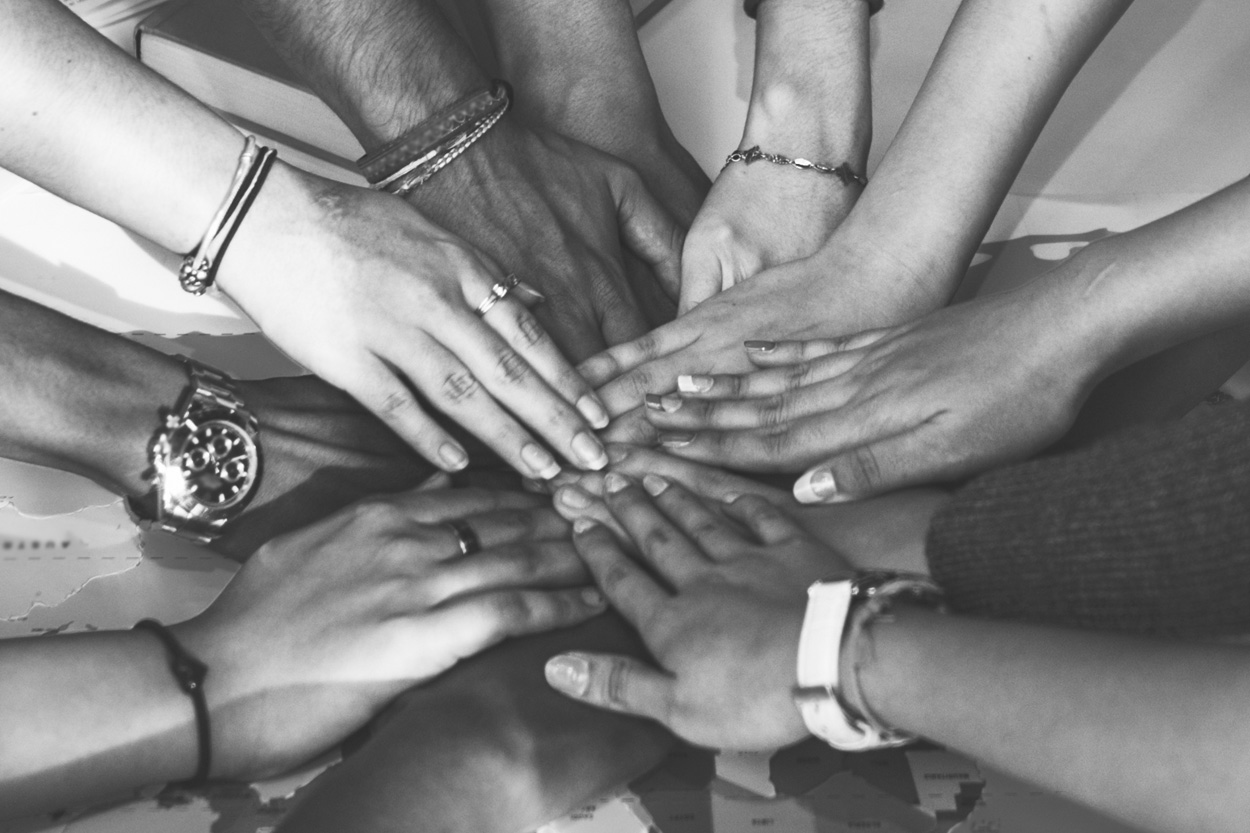Last week, just a few days after two black men were killed by white police and a day after five white officers were killed by a black man who admittedly targeted white police, President Obama stood in front of the NATO Summit in Warsaw, Poland, and said, “America is not as divided as some have suggested.”
I understand why he said this. He said it for the same reason that you convince your friend who just stopped by for a surprise visit that your house is not always dirty. It’s the kind of thing you say when you are in a room filled with leaders from other countries. Yet, although it sounds like the right thing to say, it might actually have been the wrong thing to say. What if our greatest hope is not in trying to convince ourselves (and others) that we are better than we really are, but in seeing ourselves as bad as we really are?
Good laws don’t change bad hearts
There is no possible way that we can overstate the significance of the Civil Rights movement. Our nation has made incredible strides over the past 70 years. We often forget that there are still black people alive who grew up in an America where they could not use the same restroom or drink from the same water fountain as whites. This is almost hard to believe. We have come a long way as a nation. We have made some good laws that have led to great progress. But the reality is: Good laws don’t change bad hearts. Just because the law allows a black woman to sit in the front of the bus does not mean there will not be a white man on the bus who thinks she should be in the back. The law is powerful and absolutely necessary, but it is limited. The law might change the fruit of the problem, but it cannot change the root of the problem.
What has been exposed over the last year, and has been highlighted over the last few weeks, is that no matter what the law says, there is plenty of hatred and racism in the hearts of the American people. And given the right set of circumstances, this hatred and racism will rear its disgusting head. It’s not everywhere, but it’s still there. And the only hope of ending it is identifying it for what it is; namely, evil attitudes that flow from depraved hearts. This is not a hopeless sentiment. On the contrary, seeing ourselves as bad as we really are is the only pathway to hope.
There are few things more distasteful—and frankly unhelpful—than when critics and pundits immediately try to politicize a tragedy. It’s actually remarkable how quickly it happens. Before the bullet casings are picked up off the ground, people are talking about new laws that need to be made. But no matter how many laws we make, the hearts of people will remain the same unless they are changed by the power of the gospel of Jesus Christ. This is not a political problem; it’s a spiritual problem. And that is precisely why the church is the primary player in the fight against the heinous sin of racism.
The church is an agent of change
The church is not a group of disgruntled spectators lamenting about the things that need to be changed; the church is an active player and the agent of change. We need to acknowledge that we have a problem that the government cannot solve, a problem that the church has been uniquely equipped and called to solve. It is not enough for us to make statements about the obvious. We must be convinced, deep in our hearts, that we are the stewards of the only truth that will take down the dividing wall of hostility that exists in our nation.
Could it be that God, who brings light out of darkness, would use a tragedy like this to show us that our nation is more divided than we thought? Could it be that God would use this situation to show us that behind all of our good laws there are still evil hearts? Could it be that these tragedies would serve as a reminder of the power of the gospel of Jesus Christ to change the darkest heart and the role of the church in proclaiming that gospel? Could it be that these tragedies are yet another call for the church to arise and unashamedly proclaim that there is a God who sent his Son to die so that our evil hearts might be changed?
If we, as the church of Jesus Christ, do not see the centrality of our role in a moment like this, then we will fail to offer the world the only hope it has. The church does not, in any way, rejoice in moments like this, but we do rejoice in a God who can take devastatingly painful moments and redeem them for good. Yet, if we fail to do everything we can in these moments to point people to Jesus, we have not only failed to be a faithful church, we have failed to be faithful citizens.
Brothers and sisters, we must be faithful to enter into the pain and suffering of those around us and weep with those who weep. But we must also point those weeping people to the God who will one day wipe away every tear from every eye of those who trust him. This is not a moment for the church to be silent. This is a moment for the church to proclaim the peace, hope, love and transforming power of Jesus Christ. After all, if we don’t, who will?

